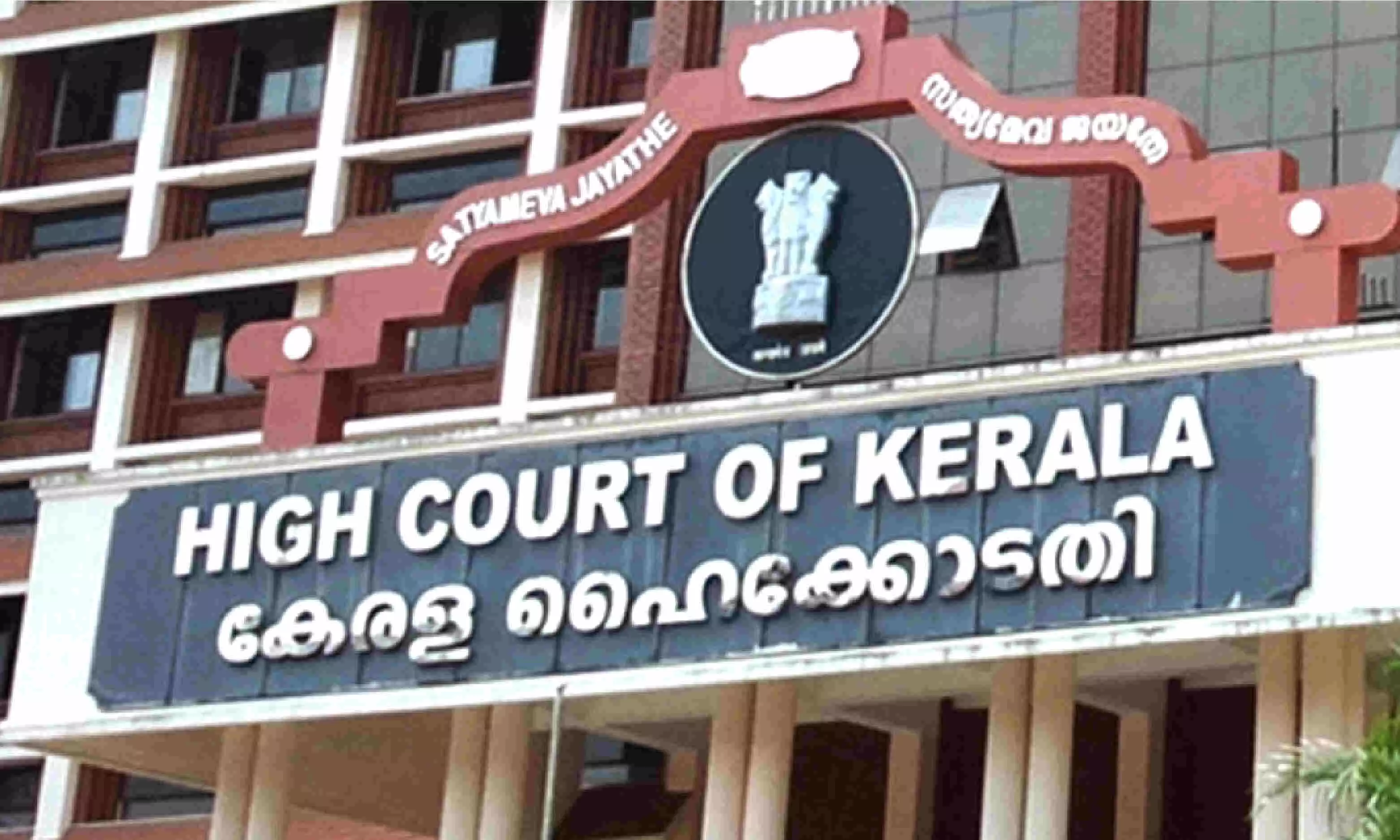
Section 271(1)(c) Income Tax Act Authorises Imposition Of Penalty Irrespective Of Mens Rea; But Only Clear & Unambiguous Cases Can Attract Penalty: Kerala HC
 |
|The Kerala High Court observed that Section 271(1)(c) Income Tax Act, 1961 authorises the imposition of a penalty irrespective of whether the assessee had any mens rea to occasion the default.
Therefore it is necessary to strictly construe the provisions to ensure that only the clear and unambiguous cases of defaults would attract a penalty, the court added.
The Court was hearing an appeal by the Revenue impugning the order of the Income Tax Appellate Tribunal that cancelled the penalty imposed by the Assessing Authority under Section 271(1)(c) of the Income Tax Act.
The bench of Justice A.K. Jayasankaran Nambiar and Justice Syam Kumar V.M. observed, “Section 271(1)(c) no doubt authorises the imposition of a penalty irrespective of whether the assessee had any mens rea to occasion the default specified therein. The liability in that sense is a strict one as was the case under Section 11AC of the Central Excise Act, the scope of which was considered by the Supreme Court in Union of India v. Dharmendra Textiles Processors – [(2008) 306 ITR 277]. It is therefore all the more necessary to strictly construe the provisions of Section 271(1)(c) to ensure that only the clear and unambiguous cases of defaults specified therein would attract a penalty.”
Brief Facts-
The respondent/assessee Ambady Krishna Menon filed a return declaring income and a capital gain. Later, the Revenue suspected suppression of capital gains and issued a summons under Section 131 of the I.T. Act. The assessee admitted a mistake in calculating the capital gains and offered to pay additional tax on a differential amount of Rs. 15.82 Cr, a notice under Section 148 was issued, leading to a reassessment and payment of Rs. 5 Cr taxes and interest by the assessee. The reassessment order included no additional income beyond what the assessee admitted. However, a penalty under Section 271(1)(c) for alleged concealment or furnishing inaccurate particulars of income was imposed. The First Appellate Authority cancelled the penalty, finding no concealment of income. The Appellate Tribunal dismissed the Revenue's appeal on technical grounds, noting the penalty notice was unclear about the specific grounds, thus rendering it invalid.
The Court noted that in the light of the disclosure made by the assessee, of the income that he had omitted to include in his original return, well before the date on which the notice under Section 148 of the I.T. Act was issued to him by the Assessing Authority, the Assessing Authority was effectively estopped from contending that he was satisfied then, of the assessee having concealed the particulars of his income or furnished inaccurate particulars of such income.
The Court after perusing the explanation to section 271(1) said that the explanation envisages that whereas in the instant case, a satisfactory explanation has been offered by the assessee, well before the issuance of a notice to him under Section 148 of the I.T. Act and the admission of additional income made by the assessee has been accepted by the Revenue which completed the assessment under Section 143 read with Section 147 of the I.T. Act on that basis, the explanation offered by the assessee about the differential income has to be seen as accepted by the Revenue for the Explanation under Section 271 of the I.T. Act.
The Court also agreed with the finding of the Appellate Authority that the notice proposing penalty, that was issued to the respondent/assessee, was inherently defective as it had not specified the particular ground on which the Revenue was proceeding against the assessee for the imposition of the penalty.
Accordingly, the Court found that the imposition of penalty under Section 271(1)(c) of the I.T. Act cannot be legally sustained.
Finally, the Court dismissed the I.T. Appeal.
Respondent: Adv. P. Sathisan